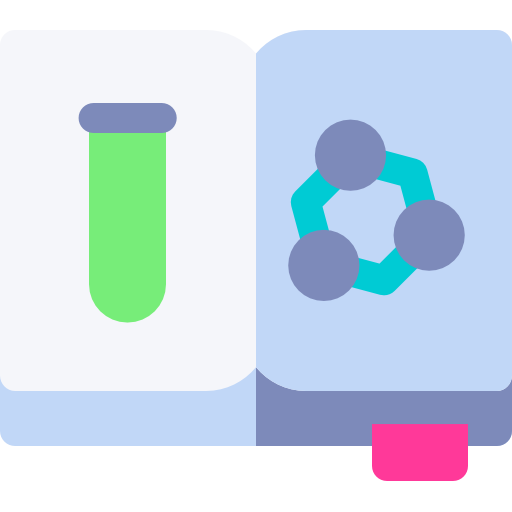PEDAGOGY
PRACTICE LABORATORY
A unique feature of Jaipuria School of Business is its Practice Laboratory which consists of five Centres namely Centre for Leadership Excellence, Centre for Creativity and Innovation, Centre for Change and Development, Centre for Diversity and Inclusiveness and Centre for Advanced Data Analytics. This practice laboratory is a shared facility that provides leadership, best practices, research, support and experimental learning for a focused area. Each of the five CoEs is laboratories of experimental and experiential learning. Each Centre is mandated to organize thematic conferences, student seminars and outdoor practice activities led by the students themselves under the watchful guidance of the Faculty Chair of the Centre.
IMMERSION COURSES
The different value added courses are taught in all domains of PGDM which gives overall exposure to the personality of students.















